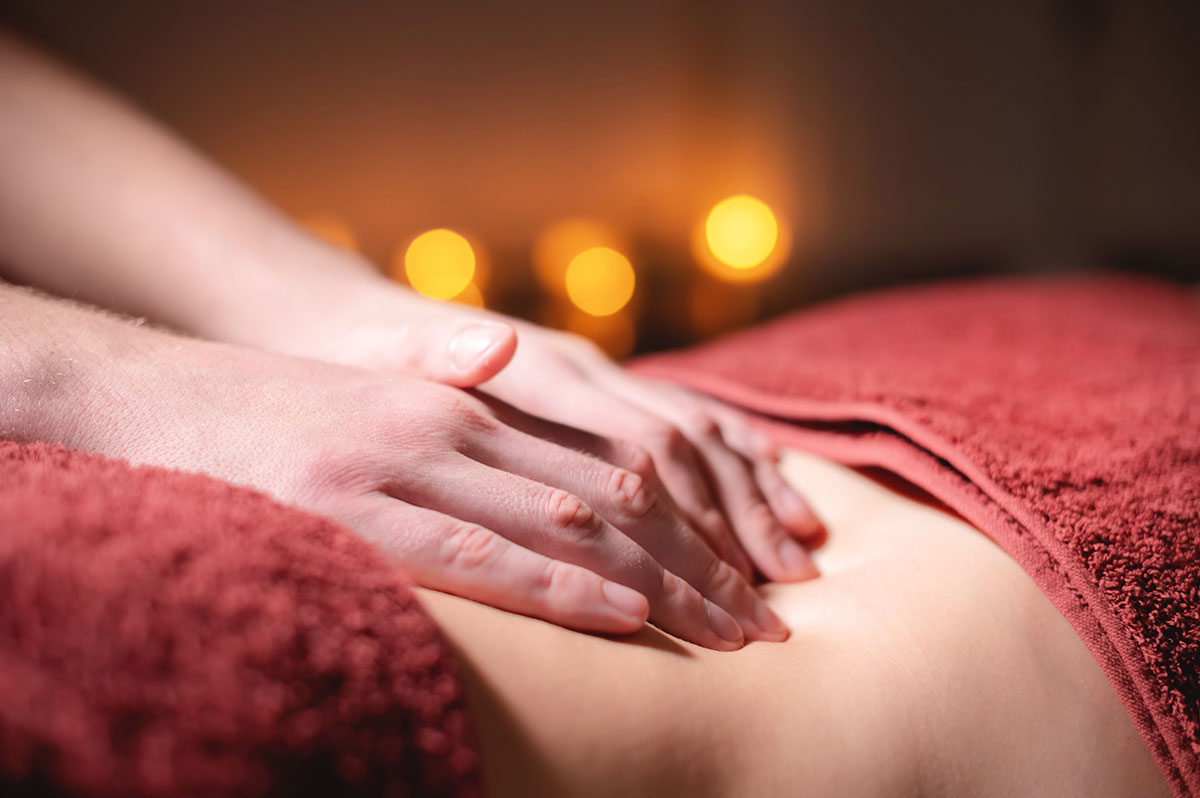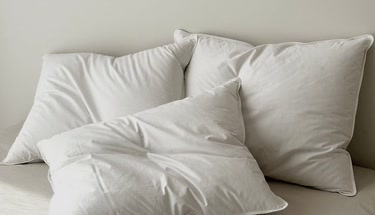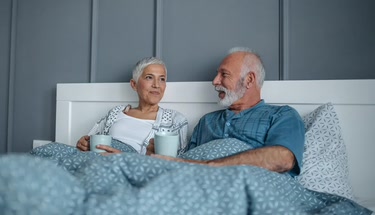Discover the Benefits of Asian Massages for Relaxation
Asian massages have been practiced for centuries, and they continue to be valued for their potential to facilitate relaxation and stress relief. These techniques often blend traditional approaches with holistic practices aimed at uniting the body and mind. Throughout this article, various benefits of Asian massages for relaxation will be explored, highlighting the significance of this ancient practice.

The Influence of Tradition and Culture
One intriguing aspect of Asian massages is how deeply they are rooted in the traditions and cultures of different countries. While China is well-known for techniques such as Tui Na and Acupressure, Thailand offers its traditional Thai massage combining yoga-like stretches and deep tissue work. Each massage type not only caters to physical needs but also incorporates cultural beliefs about energy balance and holistic health. For example, Traditional Chinese Medicine emphasizes the idea of Qi (life force), and practitioners aim to restore balance in the body through targeted massage techniques. Understanding these cultural backgrounds enriches the experience and appreciation for these unique forms of relaxation.
Physical Benefits of Asian Massages
Asian massages are often associated with numerous physical benefits. One key advantage is improved blood circulation. Many techniques involve kneading and applying pressure to specific muscle groups, assisting in enhancing blood flow. This can result in better nutrient delivery and oxygenation to body tissues, which is essential for recovery and overall wellness. Furthermore, these massages may help alleviate muscle tension and release endorphins, which contribute to an overall sense of wellbeing. The reduction of chronic pain through regular massage sessions has also been observed in numerous studies, making Asian massages a beneficial addition to wellness routines focused on relaxation and healing.
Mental and Emotional Relief
In addition to physical benefits, Asian massages significantly impact mental and emotional states. The meditative and calming environments found in traditional Asian massage studios play a crucial role in fostering relaxation. The ambiance, often accompanied by soothing music and aromatic scents, encourages individuals to disconnect from the stresses of daily life. As the body relaxes and tension dissipates, the mind follows suit. Scientific studies indicate that massage can lower levels of cortisol, the stress hormone, leading to improved mood and emotional balance. The practice ultimately nurtures awareness of the present moment, encouraging mindfulness and enhanced emotional resilience.
Promoting Better Sleep Quality
Another notable benefit of Asian massages is their potential to improve sleep quality. Many people experience difficulties with sleep due to stress, anxiety, or physical discomfort. Regular sessions of Asian massages can aid in addressing these underlying issues. By facilitating relaxation and reducing physical tension, these massages can help signal to the body that it is time to unwind and prepare for rest. Research has shown a direct correlation between massage therapy and improved sleep quality, as it can promote longer durations of deep sleep. Individuals struggling with insomnia may find Asian massages particularly beneficial as part of an overall strategy to achieve more consistent and restorative sleep patterns.
Enhancing Flexibility and Range of Motion
Flexibility and range of motion are crucial components of physical health that can be significantly improved through Asian massages. Techniques employed in these massages often involve stretching and manipulation, promoting muscle elasticity and joint mobility. This preventative care can be especially important for active individuals or those participating in sports as it helps reduce the risk of injury. Regular sessions can assist in loosening tight muscles and improving circulation to joints, leading to enhanced overall performance. Additionally, individuals who experience stiffness due to sedentary lifestyles may also find great relief from incorporating these massages into their routine.
The Role of Breath and Mindfulness
A unique aspect of Asian massages is their emphasis on breath and mindfulness within the practice. Many techniques encourage conscious breathing, often paired with specific movements or pressure applications. This connection between breath and touch generates a more profound relaxation experience and amplifies the benefits of the massage. Mindful breathing techniques can also help settle racing thoughts and ground individuals in the present moment. As individuals become more in tune with their bodies, they may develop a deeper understanding of their personal stressors and learn how to manage them more effectively. This enhanced awareness can lead to a more balanced lifestyle focused on relaxation and self-care.
Incorporating Asian Massages into Daily Life
Integrating Asian massages into daily life can offer profound long-term benefits. Beyond enjoying occasional sessions at a local massage parlor, individuals can also explore self-massage techniques. Simple practices such as acupressure, where pressure is applied to specific points on the body, can be easily learned and performed at home. Additionally, prioritizing personal time for relaxation—whether through meditation, gentle stretches, or simply carving out moments of peace—can cultivate a sense of calm that carries throughout daily activities. Embracing these practices encourages a lifestyle that values relaxation, well-being, and holistic health.
With the various benefits of Asian massages for relaxation now noted, it’s clear that these ancient techniques possess the power to harmonize the mind, body, and spirit. From cultural significance to physical and emotional healing, Asian massages encapsulate a holistic approach to wellness that promotes relaxation in countless ways. Exploring these practices can provide an enriching and fulfilling path toward relaxation and self-discovery, inviting a deeper appreciation for the art of massage.







